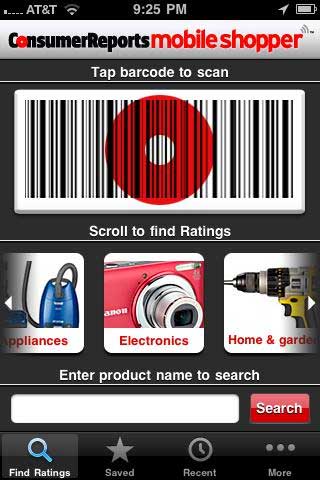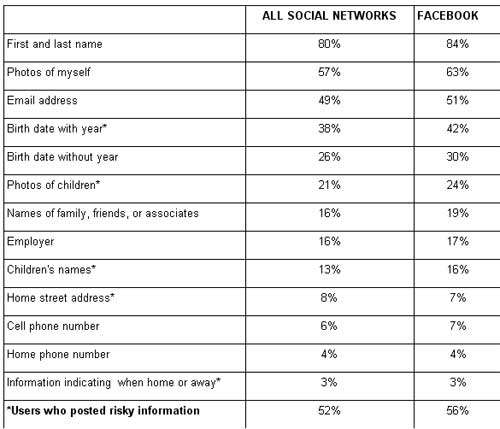Motorists in the U.S. may have noticed the trend in the past few years of more Toyota Prius vehicles on the road. There’s good reason for this trend above the environmental concerns that so often surround conversations about hybrid vehicles: the Prius simply give customers great value for its price.
Consumer Reports this week announced that the Toyota Prius has topped its best overall new-car value list for 2013. This marks the second year in a row that the Prius has topped the list.
According to Consumer Reports, the Prius’ fuel economy, performance, and reliability put it once again at the top of the list. The report estimates the Prius’ five-year ownership costs at just $0.47 per mile.
“The Prius’ 44 mpg overall is the best fuel economy of any non-plug-in car that Consumer Reports has tested,” said Rik Paul, automotive editor at Consumer Reports. “Though it’s not particularly cheap to buy, the Prius’ depreciation is so low that it costs less to own over the first five years than its initial MSRP. We call that a bargain.”
Toyota’s Avalon Hybrid Limited also earned high marks from Consumer Reports in its large cars value rankings. Other vehicles to be mentioned for their high value include the Honda Fit the Subaru Legacy 2.5i Premium, and the Lexus ES 300h, which topped the luxury cars category.
On the other end of the spectrum, the Nissan Armada was cited as having the worst value for a new car. Consumer Reports points to the car’s low 13 mpg fuel economy and poor reliability as factors in the ranking. The Armada was scored with $1.20 per mile five-year ownership costs. Other lower-value cars included the Volkswagen Beetle 2.5L and the Nissan Altima 3.5 SL.
“Just because a car is cheap to buy doesn’t mean it’s a good value,” said Paul. “The Nissan Versa Sedan, for example, is one of the least expensive cars that Consumer Reports has tested. For about $1,500 more, we’d go with a Honda Fit, which is fun to drive, cheaper to own, more reliable, and provides almost twice the value.”






 This has to rub Apple the wrong way, as the publication
This has to rub Apple the wrong way, as the publication 